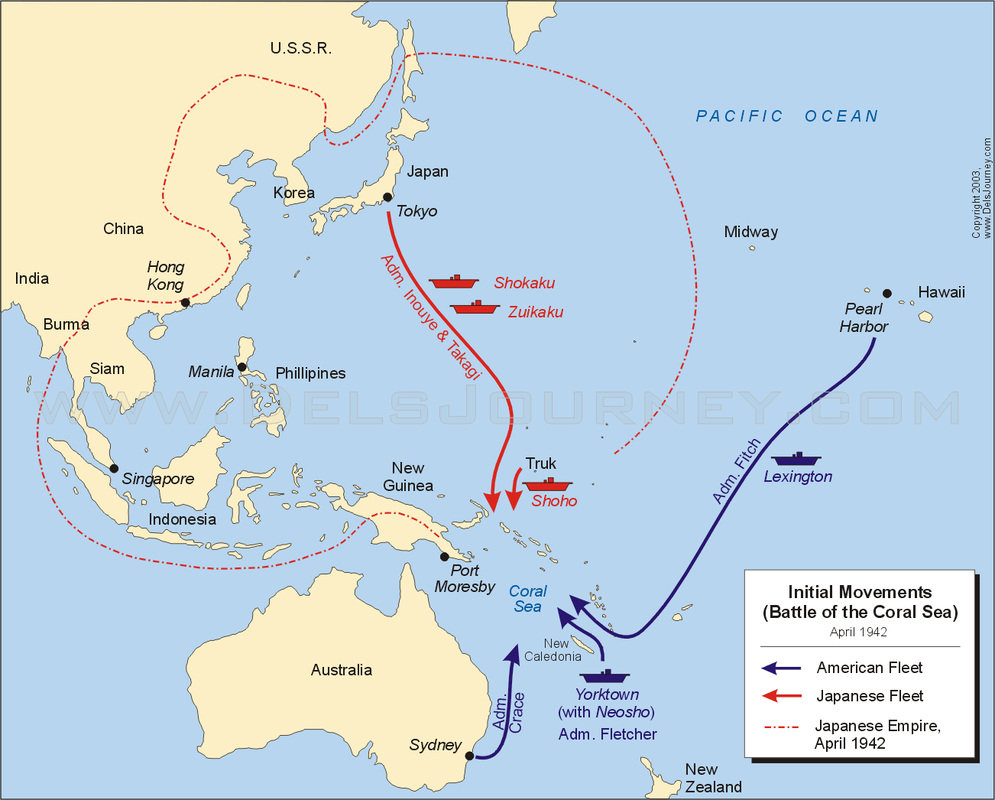

See also primary.Įxtreme and often unreasonable nationalism. A caucus is the most local form of election politics, with voters being directly involved in the process. More precise definitions were negotiated at arms limitation conferences in Washington and London in the years between the World Wars.Īn informal meeting with candidates and potential voters in which participants discuss their preference for a certain candidate, and delegates, pledged to a particular candidate, are selected to go to party conventions. Typically applied to battleships, heavy cruisers and aircraft carriers. In a general sense, the largest and most heavily armored ships and carrying the largest guns. Sometimes created by international agreement to reduce prospects for war. He refused to participate in land reform efforts and was shunned or "boycotted" by the reformers.Ī smaller autonomous state existing between two larger rival nations. Boycott served as a land agent in Ireland in the 1880s. In years past, smugglers might hide items in their boots to avoid detection by authorities.Īn organized effort to change the behavior of a person, organization or political entity by ostracizing or denying services or patronage.Įnglishman Charles C. In later times, a means to avoid heavy taxation on an item (cigarettes, for example) or high prices (audio and video tapes, CDs and DVDs). Descriptive of the efforts of Organized Crime and small-time liquor producers during the Prohibition era. The unauthorized manufacture, distribution or sale of a product. Occasionally used to describe cutting of land access to an enemy city. Usually pertains to the denial of supplies and communication by the naval forces of one belligerent against the ports of an opposing power. Usually the government sets a ratio between the values of the metals and is obligated make into coin all of such metals brought to it. All forms of legal tender may be redeemed for either metal at a statutory rate. See also unilateral and multilateral.Ī monetary standard in which a nation uses two metals, typically gold and silver, to back its currency.

Involving two nations, frequently used to describe treaties and trade agreements two-sided.
#U.s.history vocab full
It can be less than full independence, as in the case of an ethnic group that is granted autonomy within larger national confines.Įxists when the relative strength of neighboring states is essentially equal, discouraging war. The right or power to govern oneself self-determination. (French.) A member of a diplomatic staff, usually a civilian or military technical expert or specialist on the mission. Protection or shelter given to political refugees by a foreign government. history, usually applied to the decades preceding the Civil War.Īn agreement by belligerents to suspend military operations. Often synonymous with chaos or disorder.Īnarchism is the political philosophy that holds that the destruction of government authority will yield justice and equality in society.

(Latin.) Meaning for a particular purpose only.Īnarchy is the condition resulting from an absence of governing forces.


 0 kommentar(er)
0 kommentar(er)
